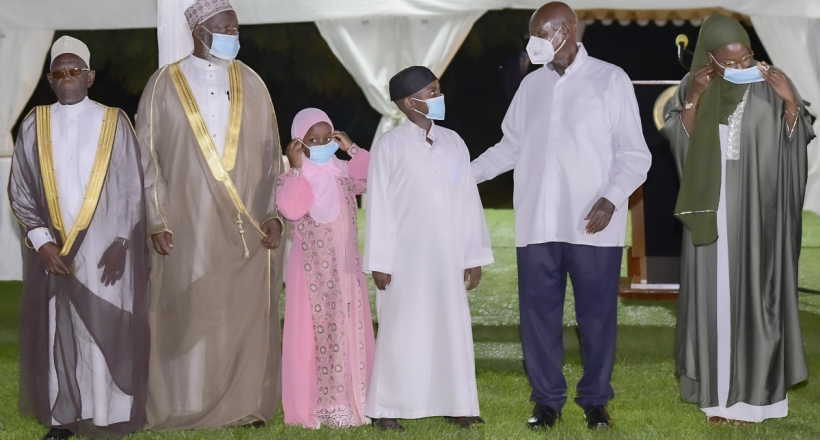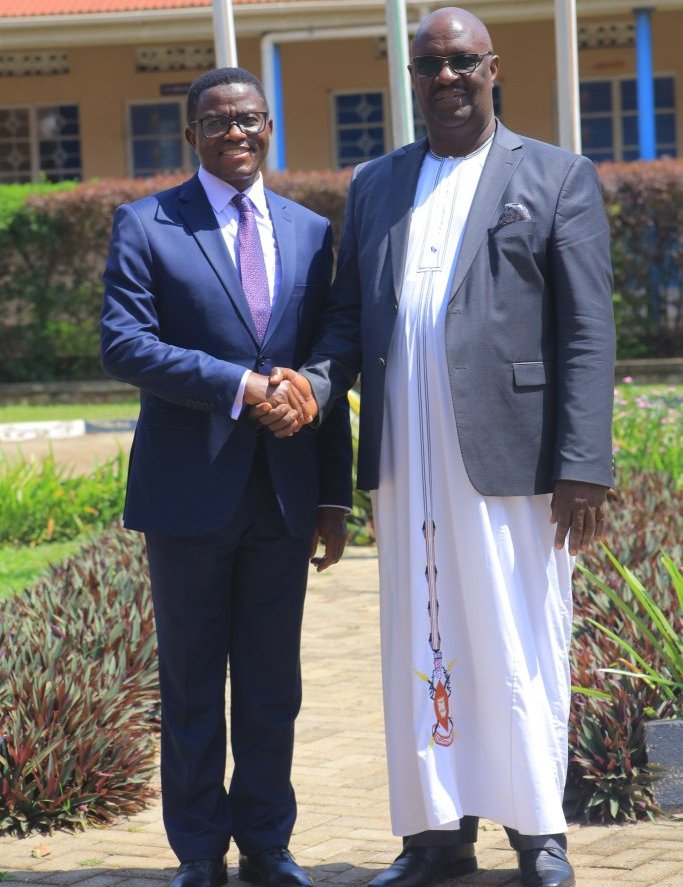In Uganda, people grow coffee mainly for export, but they seldom drink it themselves. Efforts to debunk myths surrounding the beverage and introduce innovative ways to utilize coffee beans are gradually changing this trend.
Olivia Musoke, a coffee farmer from Mukono, Uganda, has been growing coffee, bananas, and cassava for over 42 years. While she consumes the cassava and bananas she grows, she has only tasted a few coffee beans after a friend suggested it could help her stay alert in her old age. Most of the coffee she harvests is sold to buyers who come in trucks when it’s ready.
Uganda is a major coffee producer, contributing about 15% of the country’s total exports. However, local consumption remains limited due to various reasons, including myths and misconceptions about coffee.
Solomon Kapere, a coffee farmer from Kamuli, considers coffee primarily a cash crop. Despite growing up around coffee plantations, he can’t recall ever drinking it.
Efforts are underway in Uganda’s public and private sectors to dispel these myths, increase awareness, and diversify coffee products. These initiatives aim to expand the market and boost local consumption.
Uganda’s coffee history traces back to its introduction in 1900, primarily for British colonial revenue. Some Ugandans still associate coffee with forced colonial labor, leading to the name “kiboko,” meaning to whip or cane in Kiswahili.
Over the years, coffee production has grown significantly, although it faced setbacks during Idi Amin’s regime in the 1970s. In 2020, Uganda exported 26% of Africa’s coffee and 1.75% of the world’s coffee, amounting to $539 million.
Despite these global contributions, only 3% to 4% of the coffee produced in Uganda was consumed domestically in 2018, according to a parliamentary report. Tea has traditionally been favored over coffee, which has been seen as a cash crop primarily grown for export.
Sonya Hadija Nali, a producer of beauty products made from coffee, hopes to change attitudes and boost local consumption by diversifying coffee utilization. She developed a coffee-based body scrub that gained popularity due to its skin benefits. Julius Nyanzi also creates coffee oil and aroma dispensers to attract customers to restaurants.
The National Coffee Research Institute conducts research on using coffee in skin lotions, with locals manufacturing these products for domestic and international markets.
The Uganda Coffee Development Authority is actively promoting domestic coffee consumption by increasing awareness in hospitals and universities, installing billboards, and training baristas for the Uganda National Barista Championship.
These efforts are paying off, with indicators like more coffee brands on the market and new cafes opening across the country. Ugandans are gradually embracing coffee consumption, with more people, especially older and middle-aged individuals, beginning to brew and enjoy it.
Increasing domestic coffee consumption could lead to economic growth and job opportunities, which experts like Daniel Karibwije and Doreen Rweihangwe believe is essential for Uganda’s coffee industry.




















